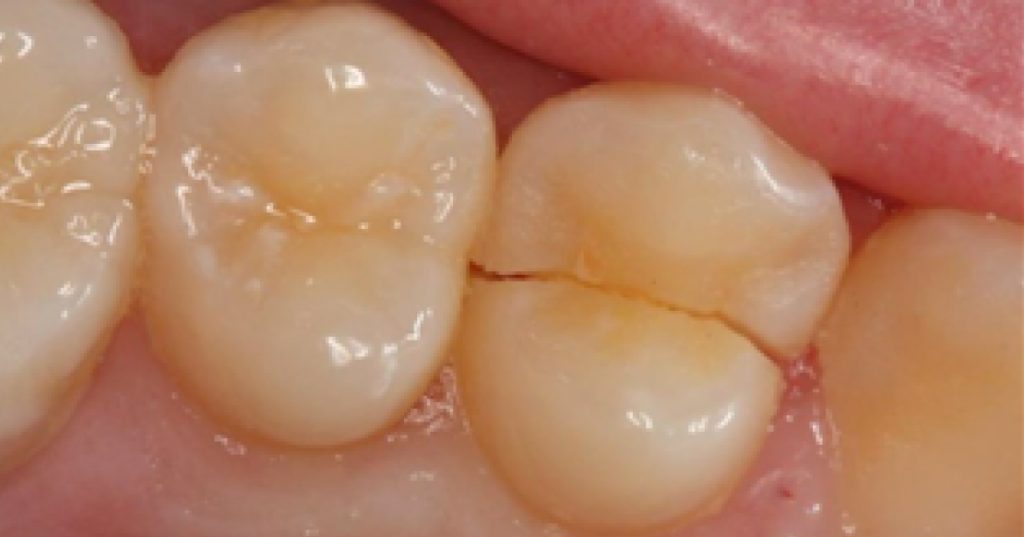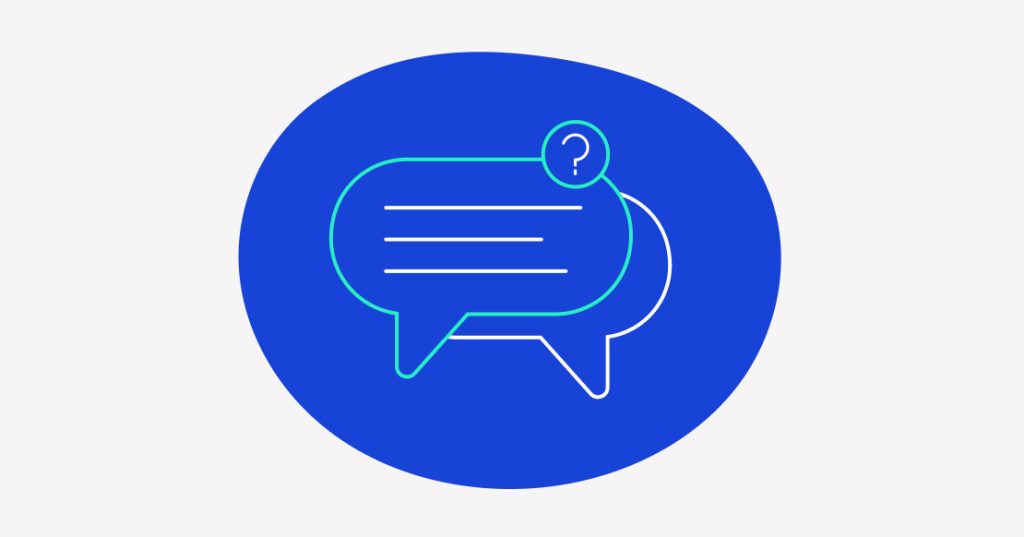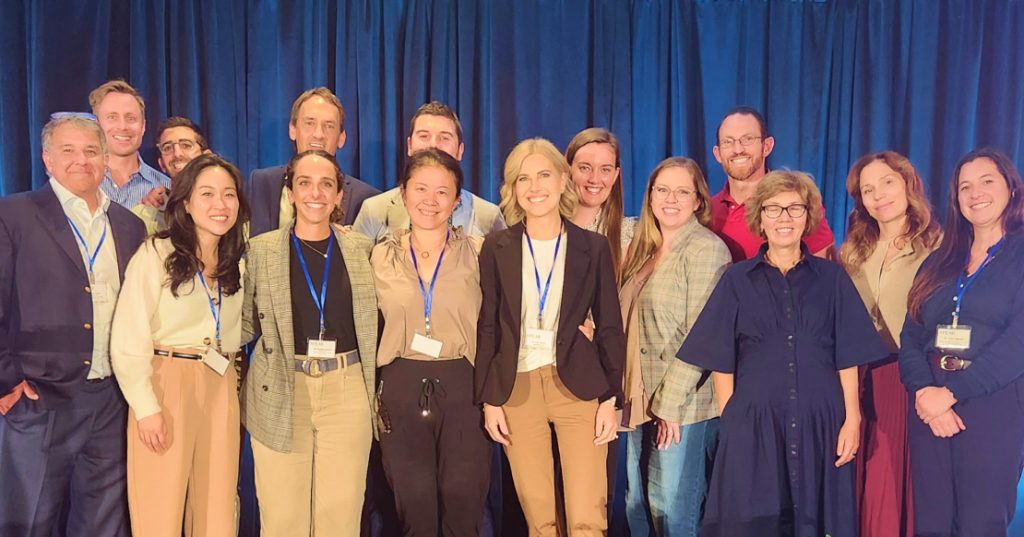What Every Dentist Ought To Know About Planning Vacation Time
Unfortunately, there’s no paid time off from work for dental practice owners. Plus, taking time off isn’t simply time away from the chair — it’s also time away from the business and other professional activities.
According to the U.S. Bureau of Labor and Statistics, the average dentist takes 1½–2 weeks off from work per year. What we do as dentists is hard work, both mentally and physically. We work many hours, both at and away from the chair, so taking a two-week vacation once a year is not a lot of time, given the amount of physical and mental strain our bodies endure.

“It’s impossible to bring your A-game at anything in life if you’re tired or mentally exhausted. Like any elite athlete, rest and recovery are part of achieving excellence.” -Kaleim Manji
Sadly, it’s not just dentists: In general, Americans are undisciplined when it comes to taking time off from work. According to a 2013 report by the Center for Economic and Policy Research, the U.S. is the only developed country that does not legally require a single paid vacation day.
In a Harvard Business Review article written by Sean Achor and Michelle Gielan, it states: “Project: Time Off’s new study found that 95% of people surveyed claimed that using their paid time off was very important. And yet, for the first time in recorded history, more than half of Americans (55%) left vacation days unused, which equates to 658 million unused vacation days. Take a moment for that number to set in. Imagine the impact those vacations could have on the U.S. economy — on airlines, hotels, restaurants, attractions, and towns — not to mention the impact it would have on individuals’ stress levels.”
According to the World Health Organization, working long hours kills 745,000 people a year. Unfortunately, this has only worsened since the COVID-19 pandemic started. The report states, “Working long hours was estimated to be responsible for about a third of all work-related disease.”
Luckily, some companies understand the importance of paid time off and employee well-being. For instance, this year, Spear Education provided its employees with paid time off Nov. 12 to use as a mental health day. Spear leadership and management encourage employees to use this time to relax and recharge.
Spear CEO Kaleim Manji said, “It’s impossible to bring your A-game at anything in life if you’re tired or mentally exhausted. Like any elite athlete, rest and recovery are part of achieving excellence.”
Planning time off takes time to plan
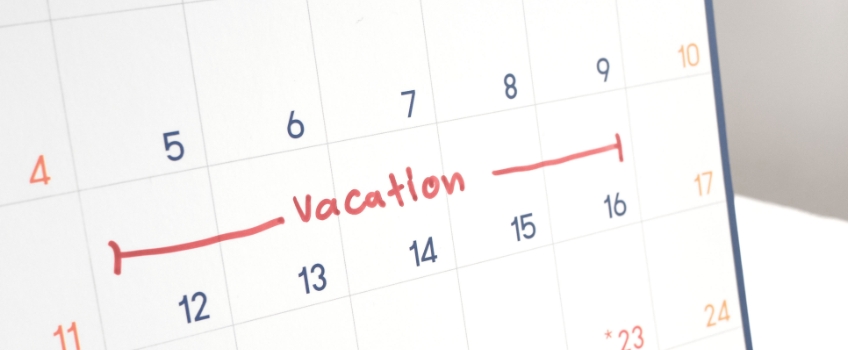
Since March 2020, an overwhelming majority of U.S. employees have shortened, postponed, or canceled their vacation time, according to a COVID-19 survey by IPX1031. Another study found that 26% of respondents had never taken two weeks of vacation at one time. So, when planning time off, take the time to plan.
In 2018, I planned an entire vacation cruise in just three weeks. It resulted in less-than-preferred flight schedules and limited onboard ship options due to the last-minute booking. Needless to say, certain aspects of the trip were a disappointment. Looking back, almost every disappointing issue from that trip could have been eliminated if I only had the time to plan earlier.
What did I learn from my experience?
- Have a solid annual vacation plan. Having a plan allows you to program your days out of the office in advance.
- Planning a vacation ahead of time reduces travel-related stress and increases the ROI from the time off. Achor and Gielan, from the Harvard Business Review, recommend planning at least one month in advance.
Work is always there when you return from vacation
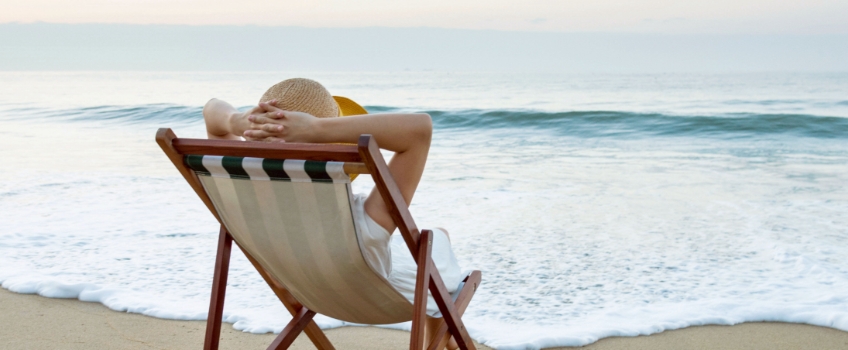
The stress and anxiety created from the COVID-19 pandemic cannot be underscored. For the first time in history, dentistry was shuttered in 2020 — and this time off from work was far from a vacation.
According to a Kaiser Family Foundation article, about 40% of U.S. adults reported symptoms of anxiety or depressive disorder in 2020 — a marked increase from the same period in 2019, when only 10% reported the same symptoms.
I can certainly relate. During the pandemic, I suffered from anxiety and depression and sought help. I learned that it’s OK to not be OK. I admit I’ve rarely ever taken two weeks off at a time because there always seems to be too much to do, but is there? The work will always be there when you return.
No one can tell you to take time off — you must make that decision for yourself. But here are some things to ponder as you consider how much you work, how much time you take off, and how well you’re taking care of your mental health:
- It’s OK to not be OK — reach out to a friend, colleague, or mental health professional if you need help.
- Have a solid annual plan with the number of days you want to take off each year.
- Plan your time away at least one month in advance.
- Have your next vacation planned so you have something to look forward to.
- Practice what you preach and make sure your team is taking adequate time off as well.
- If possible, separate yourself from the practice, including e-mail, and have someone cover for you.
Although we aren’t machines, we all must remember to take a break and recharge our batteries.
VIRTUAL SEMINARS
The Campus CE Experience
– Online, Anywhere
Spear Virtual Seminars give you versatility to refine your clinical skills following the same lessons that you would at the Spear Campus in Scottsdale — but from anywhere, as a safe online alternative to large-attendance campus events. Ask an advisor how your practice can take advantage of this new CE option.

By: Martin Mendelson
Date: November 12, 2021
Featured Digest articles
Insights and advice from Spear Faculty and industry experts
